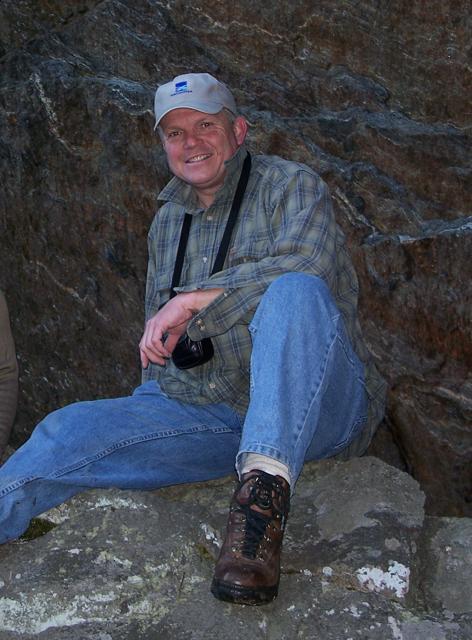In the years leading up to the 1972 Clean Water Act, pollution had rendered the French Broad River “too thick to drink and too thin to plow,” as acclaimed local historian Wilma Dykeman wrote. For generations, the river had been used as an open sewer, and sedimentation due to development, heavy metals, other industrial pollution and sewage waste routinely spurred massive fish kills.
But in recent years, the river has been making a comeback, thanks to increased regulation and the efforts of many individuals and groups. To recognize those efforts, the Land-of-Sky Regional Council has for many years presented annual Friends of the River awards (see box, “Friends”).
Xpress spoke recently with one of this year’s honorees, Forrest Westall, a longtime clean water champion who’s played a key role reviving the French Broad and other rivers across the state. A former water-quality supervisor at the state Department of Environment and Natural Resources, Westall recently completed a six-year term representing the mountain region on the N.C. Environmental Management Commission. In those capacities, he’s helped develop many of the state’s water-quality rules and programs.
Early advocates for the French Broad, says Westall, “stepped out at a time when it wasn’t politically correct to talk about industries discharging in the river without adequate treatment.” After the Clean Water Act’s passage, Westall was one of a small group of officials responsible for defining the standards the state’s polluters must meet.
Over time, “Local governments and industries stepped up and started taking more responsibility, putting in treatment systems, adding professional staff to run those systems, doing a better job of managing their sites and not having runoff,” Westall recalls. “Those people deserve a tremendous amount of credit. Regulations, by themselves, don’t produce water quality: Compliance with regulations does. The people who comply are the ones who really make things happen on the ground.”
So what’s the key to maintaining a healthy river? Westall believes it starts with building local sensitivity to the impacts of changes in a watershed. “When you … clear land, build structures, farm, etc., all those modifications accumulate and affect the main river. The key is balance: balancing the ability of a watershed to absorb pollutants and maintain its integrity.”
It’s up to local governments, says Westall, to develop rules that maintain the balance. “That’s a very difficult thing to do,” he concedes, yet almost everywhere such efforts have been made, water quality has improved. At the same time, however, water quality in even our best streams has started to decline. “We don’t want to destroy the goose that laid the golden egg,” Westall warns.
Ultimately, he maintains, public officials must respect the need for regulation. “We’ve become too ideological: We’re either for the environment or we’re for the economy. It’s easy to get behind a Clean Water Act if the rivers are on fire; once environmental quality starts to improve, ideological concerns gain a foothold.”
But balanced regulations, he believes, are worth preserving. “North Carolina has one of the best water-quality programs in the country,” Westall declares, citing progressive standards for storm-water runoff and the state’s leadership role in basing effluent limits on water quality rather than the Environmental Protection Agency’s minimum requirements. “We adopted a watershed-protection program for all surface-water supplies in the state, requiring local governments to control watershed modification where people were taking water for municipal water supplies.”
The result, he says, is that “N.C. is attractive to business and as a place to live. Nobody wants to locate in a state which doesn’t protect its environment and quality of life.”
And in Westall’s view, perhaps the river’s greatest friends are the wastewater treatment plant operators. “Bottom line is, at 2 in the morning when a pump goes out, who gets down in those nasty holes and puts the new pump in? The people who make those systems work are the real heroes.”
— Send your local environmental news and tips to sandrew@mountainx.com, or call 251-1333, ext. 153.




Before you comment
The comments section is here to provide a platform for civil dialogue on the issues we face together as a local community. Xpress is committed to offering this platform for all voices, but when the tone of the discussion gets nasty or strays off topic, we believe many people choose not to participate. Xpress editors are determined to moderate comments to ensure a constructive interchange is maintained. All comments judged not to be in keeping with the spirit of civil discourse will be removed and repeat violators will be banned. See here for our terms of service. Thank you for being part of this effort to promote respectful discussion.